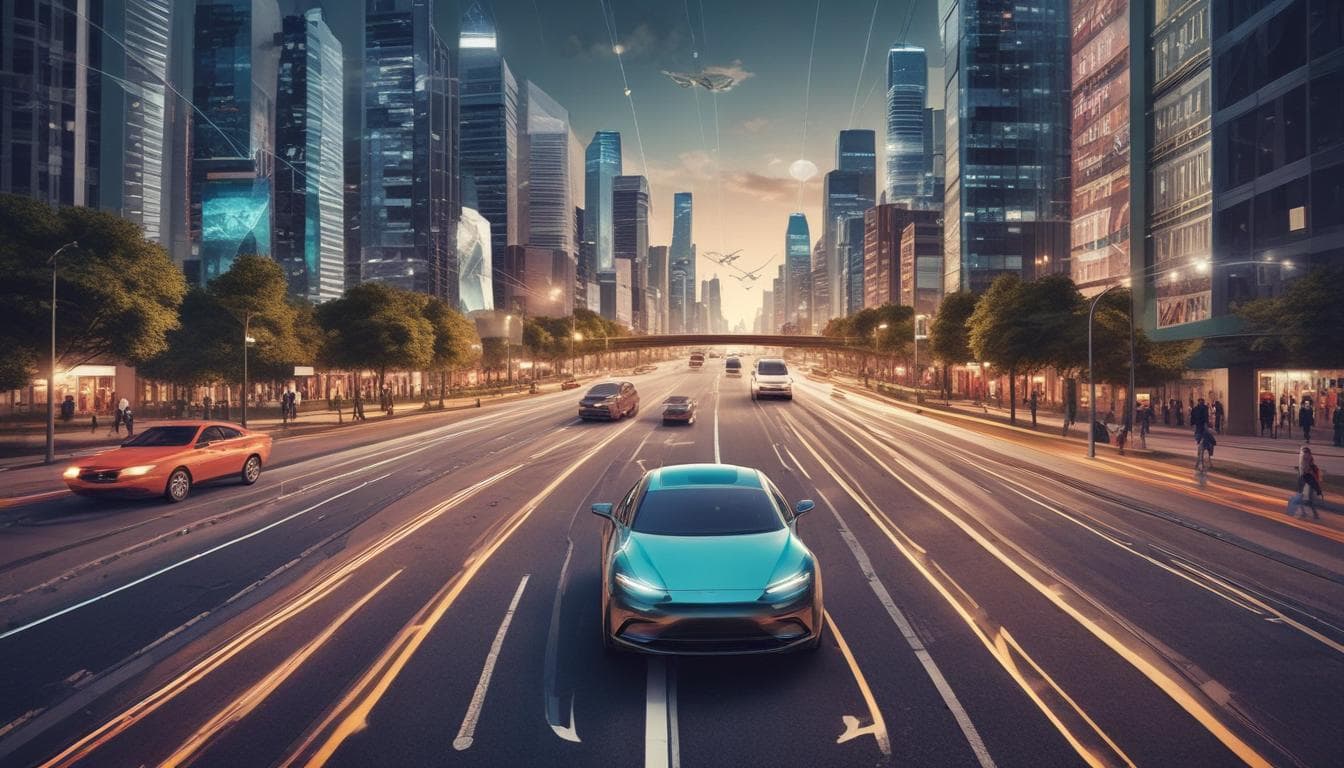With the increasing integration of AI in vehicles, how do you envision the future of automotive cybersecurity evolving? What innovative security measures will be necessary to protect not only our data, but also the physical safety of drivers and passengers from potential cyber threats?
That's a crucial question, and it's clear that automotive cybersecurity will be radically different in the age of AI. The stakes are much higher now, going beyond just data breaches to potentially impacting physical safety. Here’s how I see it evolving:
The Challenge of AI-Driven Vehicles
- Increased Attack Surface: With more AI integration, the attack surface expands significantly. Every sensor, every connection, every algorithm becomes a potential entry point for malicious actors.
- Sophisticated Threats: We'll likely see more advanced, AI-powered cyberattacks that can learn and adapt, making traditional security measures less effective.
- Real-Time Vulnerabilities: Unlike traditional software, autonomous systems require real-time security monitoring and response, as even a brief compromise could have serious consequences.
Innovative Security Measures
- AI-Powered Intrusion Detection: Just as AI is used in attacks, it can also be used for defense. AI can detect anomalies in system behavior far faster and more accurately than humans or traditional systems. This includes real-time analysis of sensor data, network traffic, and code execution.
- Zero-Trust Architecture: Moving away from the idea that anything inside the vehicle’s network is inherently safe, we’ll need a zero-trust model where every component, user, and connection is verified before access is granted. This means micro-segmentation and strong authentication.
- Secure Over-the-Air (OTA) Updates: Regular software updates are essential for patching vulnerabilities, but these updates themselves need to be secure. Think of end-to-end encryption and integrity checks to prevent malicious code from being injected.
- Hardware-Based Security: Moving crucial security functions down to the hardware level makes it far more resistant to software attacks. This could include trusted platform modules (TPMs) and secure boot processes.
- Blockchain for Data Integrity: Blockchain technology can ensure that data from sensors and other components is tamper-proof, offering a reliable way to verify the integrity of the system's state. You can explore how blockchain is revolutionizing the automotive industry to learn more about this.
- Ethical Hacking & Penetration Testing: Regularly subjecting systems to rigorous penetration testing by ethical hackers will be crucial for identifying and fixing vulnerabilities before malicious actors can exploit them.
- Collaborative Security: The automotive industry needs to share threat intelligence and best practices to create a robust and coordinated defense against cyber threats. The convergence of EVs and IoT further complicates the security landscape and requires a unified approach.
The Human Element
- Driver Education: Drivers need to be educated on the risks of cyberattacks and how to spot potential threats. This includes avoiding suspicious devices and connections.
- Clear Communication: Manufacturers need to be transparent about the security measures they are taking and any potential risks. Open communication will build trust and allow drivers to be informed.
In conclusion, automotive cybersecurity in the age of AI will be a complex and constantly evolving challenge. It requires a multi-layered approach combining AI-driven security, robust architecture, and a proactive security culture. The future of driving, and in particular, the evolution and impact of advanced driver-assistance systems (ADAS) will depend on how well we address these challenges.
このトピックについてさらに詳しく探る
会話に参加する
- 自動運転車が地方都市を救う?未来の都市像を一緒に考えよう!
自動運転車の普及が地方都市にもたらす影響について、交通インフラ整備、地域経済、住民生活の変化など多角的な視点から議論しましょう。未来の都市像を共に描き、活性化の鍵を探るための意見交換の場です。
- 車が感情を持ったら?未来の移動体験を想像しよう!
もし車が感情を持つようになったら、私たちの生活はどう変わるのか?自動運転技術の進化によって、車は私たちの感情を理解するパートナーになるかもしれません。喜び、悲しみ、興奮など、感情を共有する未来の移動体験について語り合いましょう。
- 車が夢を見たら?:自動運転車と夢の共有が未来を変える?
自動運転車が夢を見る未来…車のAIが人間の感情や記憶を学習し、夢を共有できるようになったら、私たちの生活はどう変わる?車から得られる情報やインスピレーションの可能性とは?





